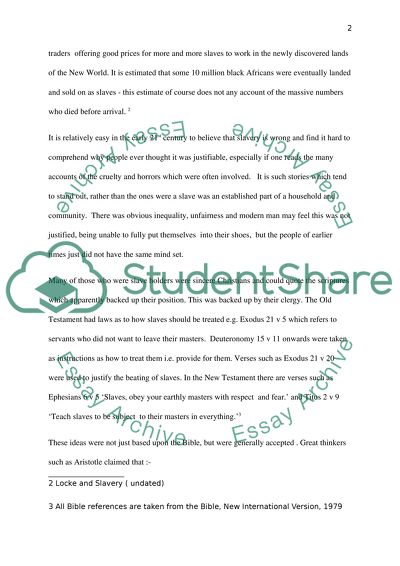Cite this document
(“Why is a historically significant of US Slavery Essay”, n.d.)
Retrieved from https://studentshare.org/history/1437036-why-is-a-historically-significant-of-us-slavery
Retrieved from https://studentshare.org/history/1437036-why-is-a-historically-significant-of-us-slavery
(Why Is a Historically Significant of US Slavery Essay)
https://studentshare.org/history/1437036-why-is-a-historically-significant-of-us-slavery.
https://studentshare.org/history/1437036-why-is-a-historically-significant-of-us-slavery.
“Why Is a Historically Significant of US Slavery Essay”, n.d. https://studentshare.org/history/1437036-why-is-a-historically-significant-of-us-slavery.


